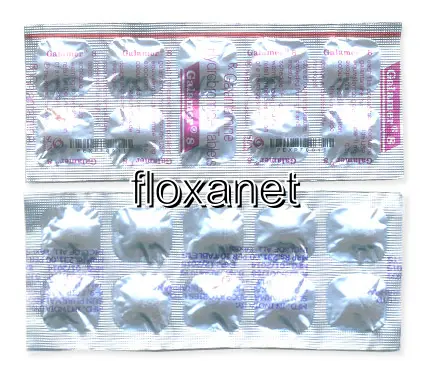| Package | Dosage | Price | Price per Dose | |
|---|---|---|---|---|
| Dosage: 4mg | ||||
| 90 Pill | 4mg | NZD535.34 | NZD5.94 | |
| 60 Pill | 4mg | NZD371.69 | NZD6.20 | |
| 30 Pill | 4mg | NZD194.02 | NZD6.48 | |
| Dosage: 8mg | ||||
| 90 pill | 8mg | NZD1,166.55 | NZD12.95 | |
| 60 pill | 8mg | NZD808.86 | NZD13.47 | |
| 30 pill | 8mg | NZD467.54 | NZD15.57 | |

Galantamine Description
What is Galantamine?
Galantamine is a natural compound originally derived from plants such as snowdrops and daffodils. It is widely used in the medical field for its ability to improve cognitive function. As a medication, it belongs to the class of acetylcholinesterase inhibitors. These drugs work by increasing the levels of acetylcholine, a neurotransmitter that plays a key role in memory and learning. Galantamine is primarily prescribed for the treatment of mild to moderate Alzheimer's disease. It is known for its capacity to slow down the progression of symptoms related to memory decline and cognitive impairment.
How Does Galantamine Work?
The medication acts by inhibiting the enzyme acetylcholinesterase, which breaks down acetylcholine in the brain. By reducing the activity of this enzyme, galantamine enhances cholinergic transmission, thus improving communication between nerve cells. This increase in neurotransmitter activity helps in alleviating some of the cognitive symptoms associated with Alzheimer's disease. Moreover, galantamine also acts as an allosteric modulator of nicotinic receptors, further promoting neural activity and potentially offering additional neuroprotective effects.
Usage and Dosage
Galantamine is typically available in tablet or solution form. The dosage prescribed varies depending on the patient’s age, medical condition, and response to treatment. Usually, therapy begins with a low dose to minimize side effects, gradually increasing to an effective dose as advised by a healthcare professional. Patients are encouraged to adhere strictly to the prescribed regimen and report any adverse reactions. It is important to take galantamine with food to reduce gastrointestinal discomfort. Regular monitoring by a healthcare provider is essential to assess treatment efficacy and manage any potential side effects.
Benefits and Effectiveness
Many patients with Alzheimer’s disease experience a noticeable improvement in cognitive functions when using galantamine. This may include better memory recall, improved attention span, and enhanced daily functioning. The medication can also help in reducing symptoms like confusion and disorientation. Compared to other treatment options, galantamine is often favored for its dual mechanism of action and relatively favorable side effect profile. When used properly, it can significantly enhance the quality of life for those affected by cognitive decline.
Possible Side Effects
Despite its benefits, galantamine can cause side effects. Common adverse reactions include nausea, vomiting, diarrhea, dizziness, and muscle cramps. These symptoms are usually mild and tend to diminish over time as the body adjusts to the medication. However, some individuals may experience more severe reactions such as severe gastrointestinal issues, abnormal heart rhythms, or allergic reactions. It is crucial to seek medical attention if any serious side effects occur. Regular check-ups help ensure safe use and proper management of any potential issues.
Precautions and Interactions
Galantamine should be used cautiously in individuals with a history of heart problems, liver or kidney issues, or gastrointestinal disorders. It is also important to inform the healthcare provider about any other medications being taken, as galantamine can interact with drugs like other cholinergic agents, muscle relaxants, or anticholinergic drugs. Alcohol consumption should be limited during treatment, as it can increase side effects and interfere with medication efficacy. Pregnant or breastfeeding women should consult their doctors before starting therapy with galantamine.
Overall Impression
Galantamine remains a valuable option for managing cognitive symptoms in Alzheimer's disease. Its mechanism of increasing acetylcholine levels offers meaningful benefits for many patients. While it carries the risk of side effects, proper medical supervision can help minimize these issues. As with all medications, it is important to follow dosing instructions carefully and maintain regular communication with healthcare providers to optimize treatment outcomes. For those seeking a way to support cognitive function, galantamine can be a beneficial part of a comprehensive treatment plan.
